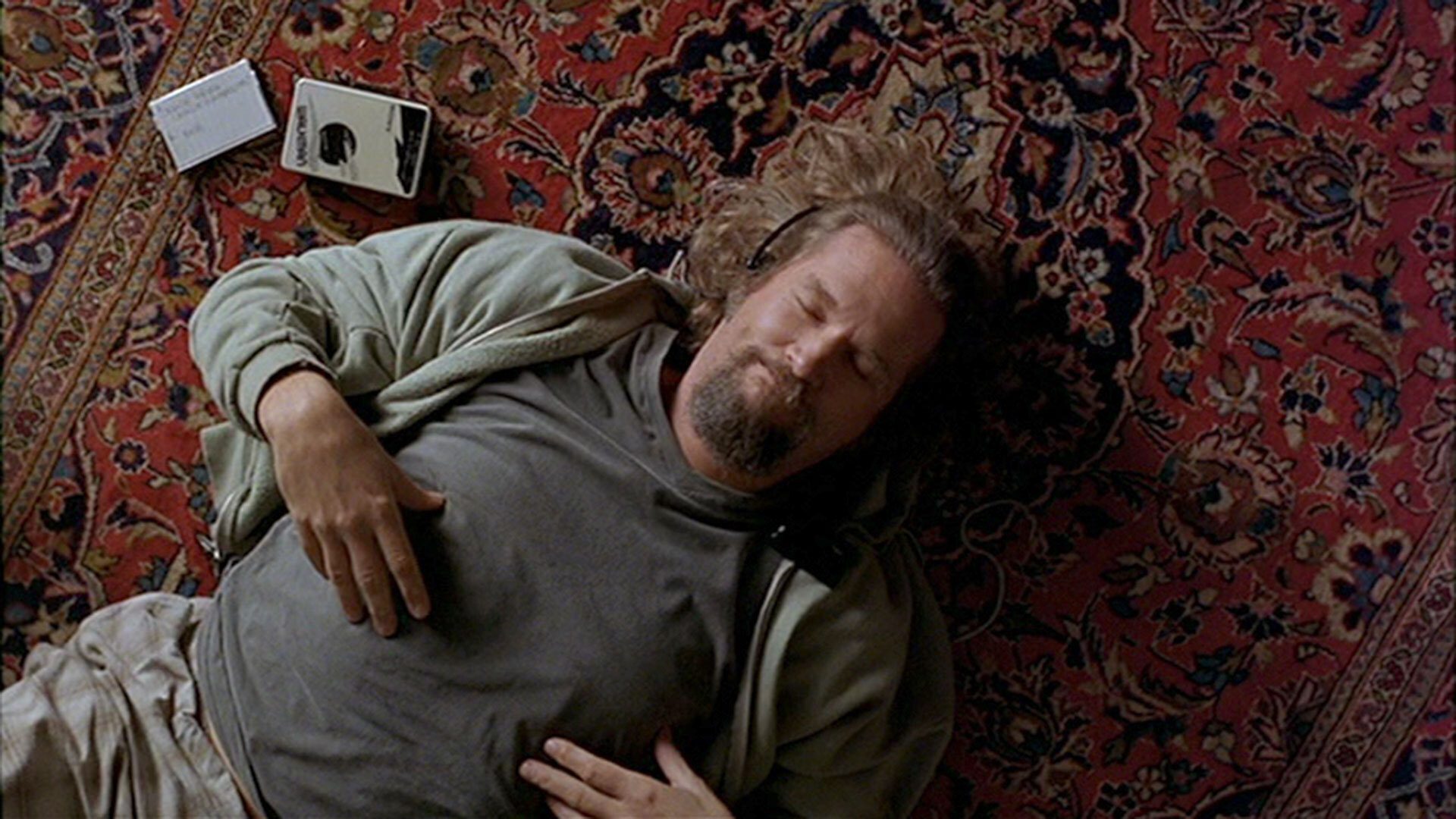- November 14, 2018
- By Chris Carroll
Neurobiology and physiology major Anika Samee ’22 thought she was a little different than the average Honors College student—more easygoing, more willing to occasionally settle for good enough rather than aspire to perfection.
So she figured an assignment in a University Honors seminar focusing on American attitudes toward laziness would be a snap: Just spend eight hours relaxing with no homework, no laundry, no hardcore workouts, and then write about it.
“I started out watching a movie for about two hours,” she said. “Then I couldn’t help it. I started cleaning and ended up spending the rest of the day sorting out my entire life.”
For a generation sometimes slapped with the label “snowflakes” and stereotyped as being more interested in play than toil, her students actually have strong work ethics, said Katie Stanutz Ph.D. ‘15, assistant director of University Honors and teacher of the program’s “American Idle” seminar.
“They’re very driven, and the idea of being intentionally lazy kind of freaks them out,” she said. “I’m having to talk them into doing the laziness project.”
But if they’re trying to avoid an assignment—does that mean they actually ARE lazy?
Good question, says Stanutz, whose primary aim is not to teach sloth, but to analyze laziness in American literature and culture since the founding of the country. A key point is that lazy doesn’t necessarily mean the same thing to everyone.
“What groups in society are often characterized as lazy, and who instead is classified as engaged in ‘leisure?’” Stanutz said.
They’ve picked apart Benjamin Franklin’s maxims about the moral value of hard work and read Melville’s tale of Bartleby, the clerk who one day began opting out of doing anything at all, while in the 20th century, they’ve looked at the wealthy idlers of “The Great Gatsby,” Cheech and Chong’s stoner films and the incomparable Dude of “The Big Lebowski.”
“Oftentimes what we find is that laziness is defined almost anything that’s not seen as profitable labor—something that runs counter to capitalist interest,” she said.
But there’s a countercurrent as well. In a recent class, students discussed why the main character in the movie “Office Space” was recommended for a promotion after he started ignoring the responsibilities of his hated job.
Rip Van Winkle is another fictional character rewarded for laziness, Stanutz said. After sleeping for decades, he wakes up already retired and spends his days relaxing with friends.
Thanks to the class, Desiree Morrison ’21, an operations management and business analytics major, had a Rip Van Winkle experience of her own, but it didn’t turn out quite so well.
“I was pretty excited about completing the assignment—like, ‘alright, I’m going to be chill and have a lazy day,’” she said.
But she may have taken to the assignment a bit too well, falling asleep and snoozing well beyond eight hours. When she woke up, to her everlasting dismay, she’d missed an assignment deadline in another class. Consequently, Morrison will receive her first A-minus in a college class, and kiss a 4.0 GPA goodbye.
Samee has only a few days left to complete her own laziness assignment, due Nov. 21. Because failure is not an option this time, she says, “I’m going to have to plan it very specifically.”
Topics
Campus & CommunityUnits
Honors College